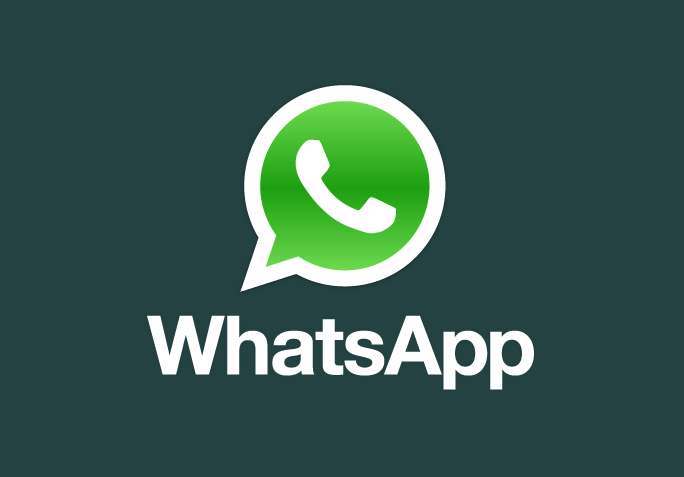WhatsApp Tests Message Sending Without Smartphone

Look mum, no smartphone. For the first time WhatsApp to test a feature to allow users to send messages without a smartphone
WhatsApp is testing a feature that could spell another challenge to traditional computer-based messaging apps such as Skype and others.
Facebook announced in a blog post that it is testing a feature that would allow people to use WhatsApp on other devices – without requiring a smartphone connection.
It should be remembered that the companion WhatsApp Web used on Windows PCs or laptops and Macbooks, essentially mirrors chats and messages found on the smartphone version.
![]()
No Smatphone
Last year WhatsApp Web gained the ability to make voice and video calls, which until then had been limited to the mobile app.
But WhatsApp Web still needed to mirror the smartphone.
Now WhatsApp is testing the ability to message people without any smartphone connection whatsoever.
Under the ownership of Facebook, WhatsApp is now one of the world’s most popular messaging apps, used by approximately two billion people.
Skype meanwhile is a traditional computer based messaging service (that has its own mobile apps). It was designed right from the start to function without a smartphone connection on a computer.
And it is fair to say that Skype has not faired nearly as well as its rival, under the ownership of Microsoft.
Multi-device experience
“For years, people have been asking us to create a true multi-device experience that allows people to use WhatsApp on other devices without requiring a smartphone connection,” wrote Facebook.
“Today, we’re announcing the rollout of a limited public beta test for WhatsApp’s updated multi-device capability,” it added.
“With this new capability, you can now use WhatsApp on your phone and up to four other nonphone devices simultaneously – even if your phone battery is dead,” it said. “Each companion device will connect to your WhatsApp independently while maintaining the same level of privacy and security through end-to-end encryption that people who use WhatsApp have come to expect.”
“Importantly, we have developed new technologies to maintain end-to-end encryption while still managing to sync your data – such as contact names, chat archives, starred messages, and more – across devices,” it said.
Redesigned architecture
Facebook said it has had to rethink WhatsApp’s architecture and design new systems to enable a standalone multi-device experience.
It said the problem of tethering messaging to smartphones comes with “some significant reliability trade-offs,” because the phone is expected to perform all operations which can slow down or disconnect companion devices.
And if the smartphone has a poor connection, its battery is running low, or the application process gets killed by the phone’s OS, the call is at risk of being lost or terminated.
“We plan to initially test the experience with a small group of users from our existing beta program,” said Facebook. “We will continue optimising performance and adding a few additional features before slowly rolling it out more broadly. Those who opt in can always opt back out.”
Last year Facebook was reported as developing functionality to allow WhatsApp users to chat with Messenger users, and vice versa.